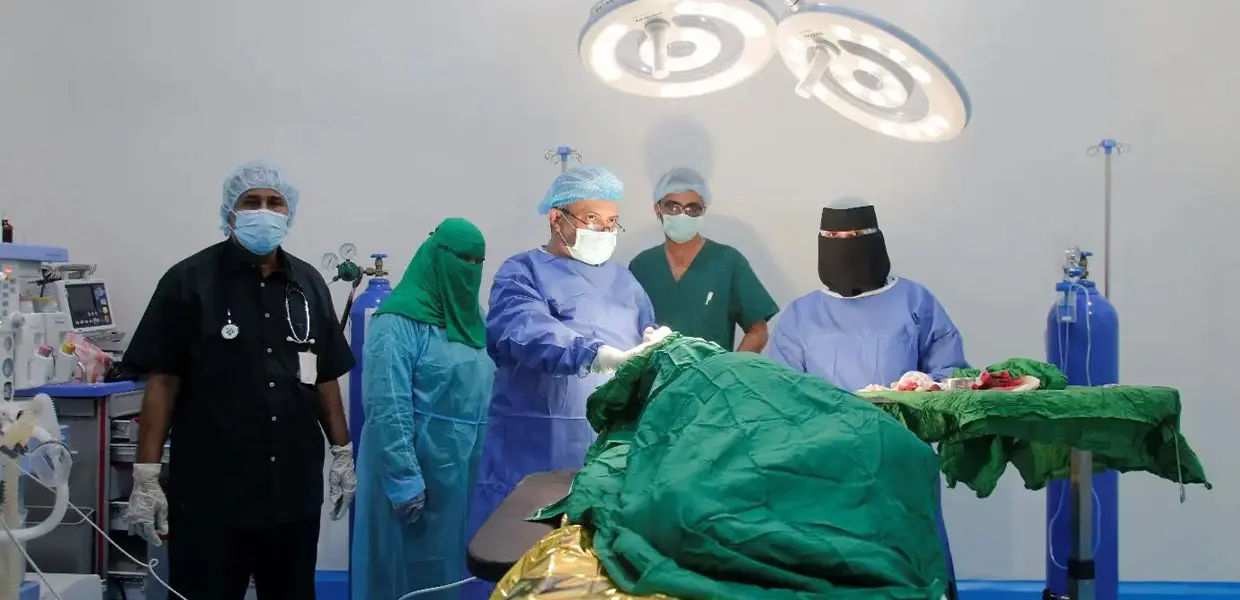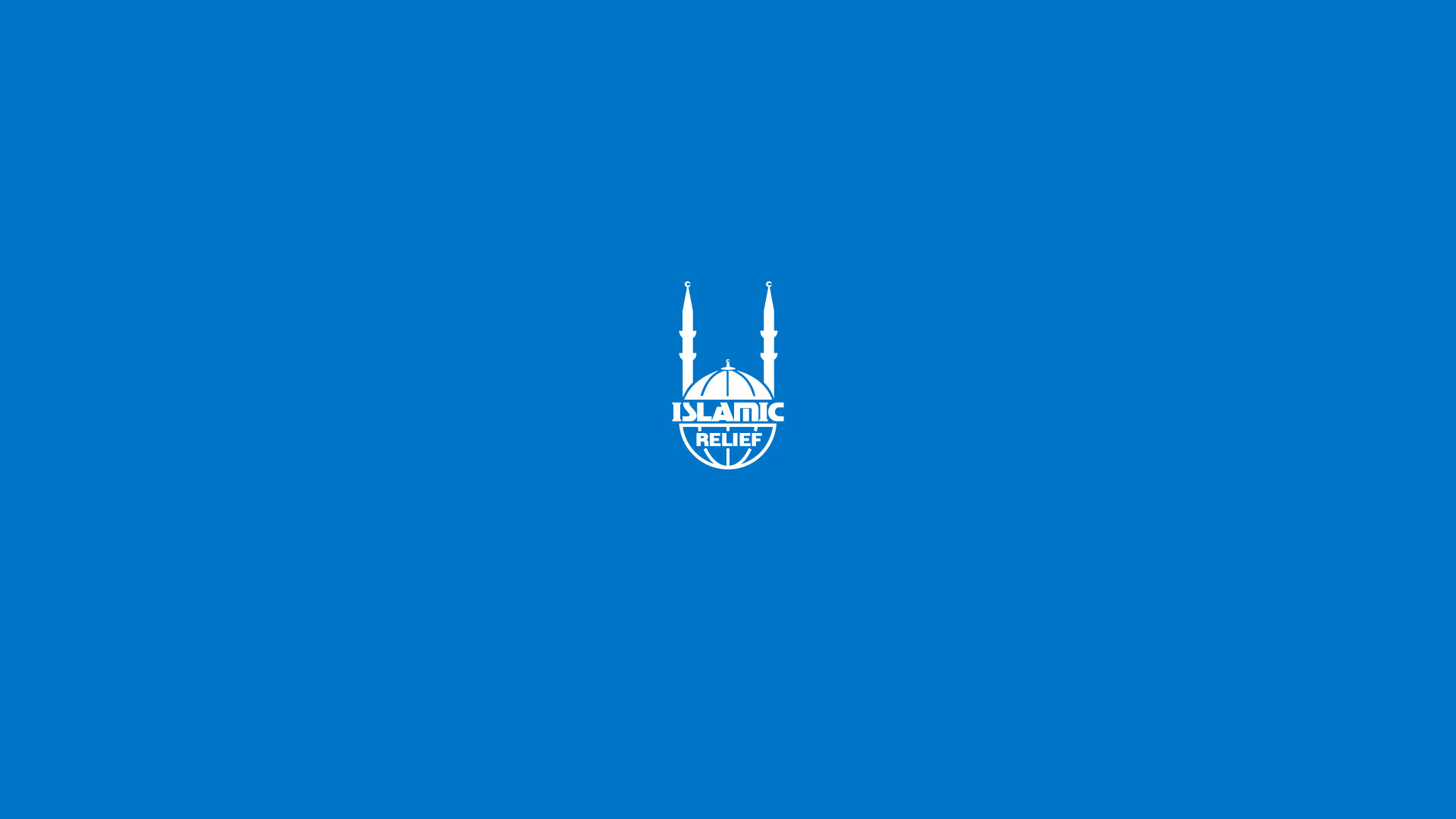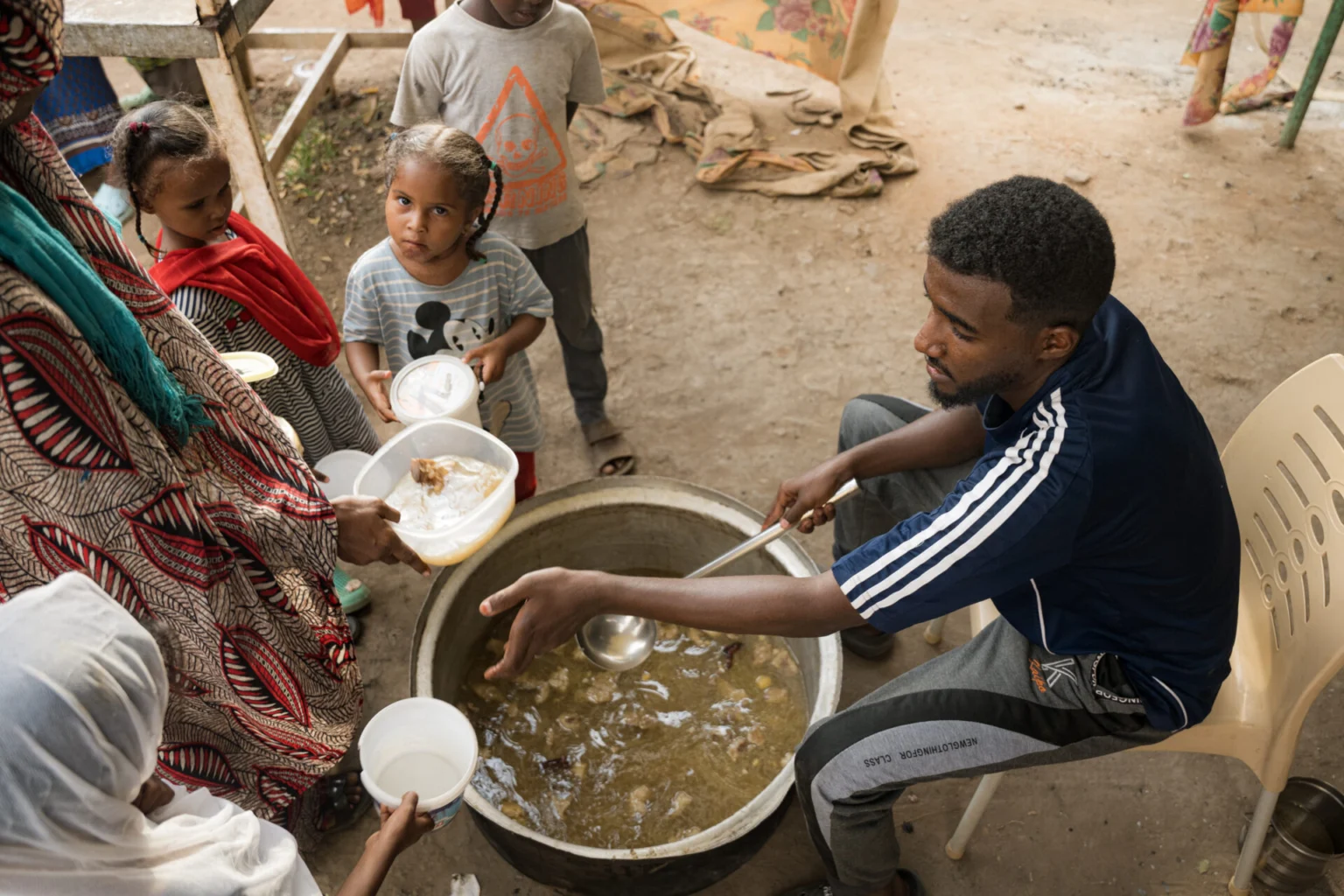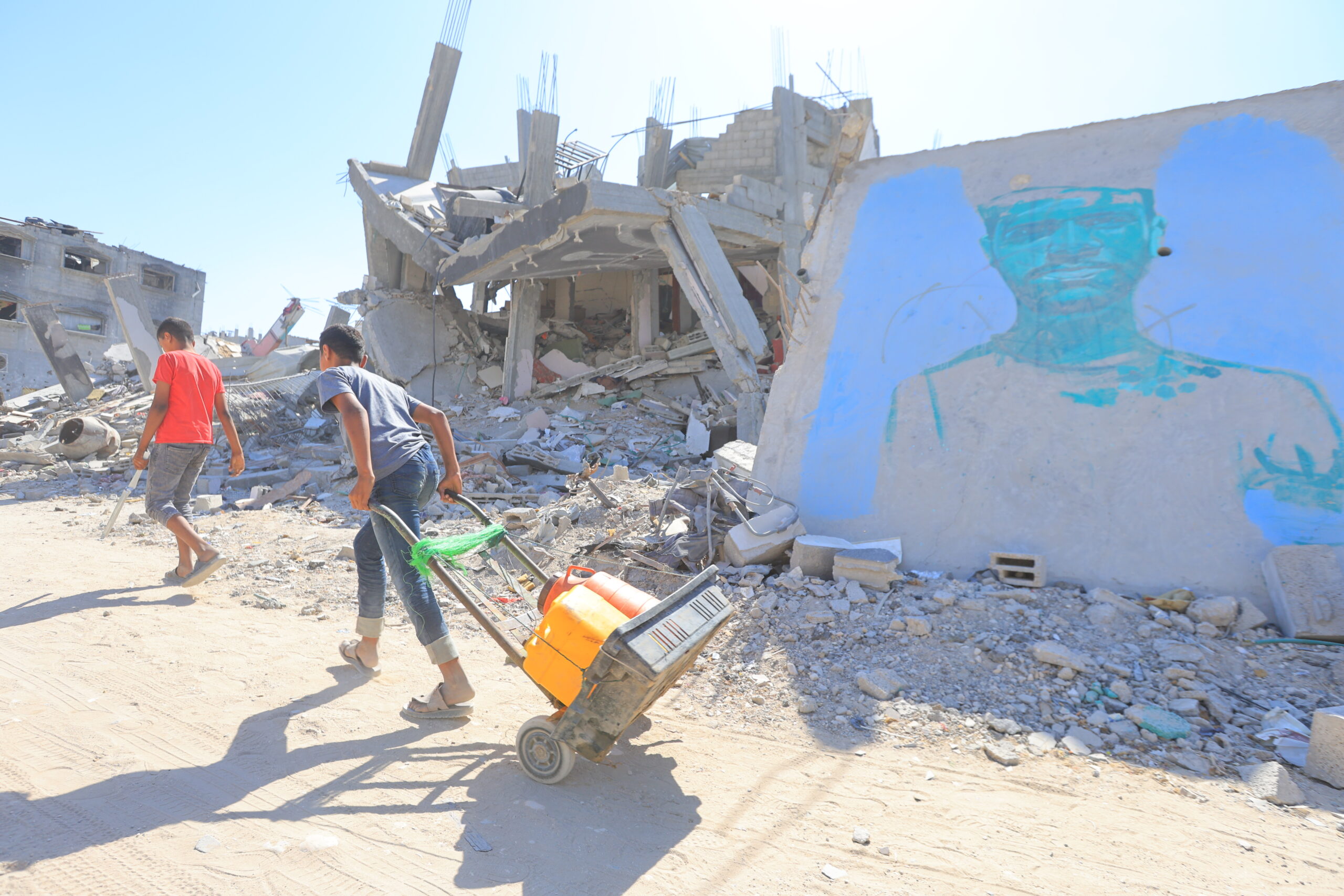
08.16.24
Humanitarian workers must be protected as deadly attacks rise to record level
Fatal attacks on aid workers have risen to an all-time high and are being carried out with impunity, Islamic Relief is warning ahead of World Humanitarian Day (19 August).
At least 456 aid workers have been killed in 33 countries since the beginning of 2023, with last year the deadliest on record and this year continuing at the same rate. Another 472 aid workers have been wounded or kidnapped in the same period.
New data published this week shows that fatal attacks on humanitarian workers have increased by 400% over the last 20 years – with 280 killed in 2023 compared to 56 killed in 2004. So far, in 2024, at least 176 have already been killed. The 2023 total is almost double any previous year in the last two decades.
Israeli attacks on Gaza account for more than half of the fatalities, with at least 286 aid workers – almost all Palestinian – killed in Gaza since 7 October 2023. Israel’s relentless bombing has turned Gaza into the world’s deadliest place to deliver aid, with hospitals, ambulances, schools, shelters, aid convoys, offices, and other civilian infrastructure targeted and destroyed.
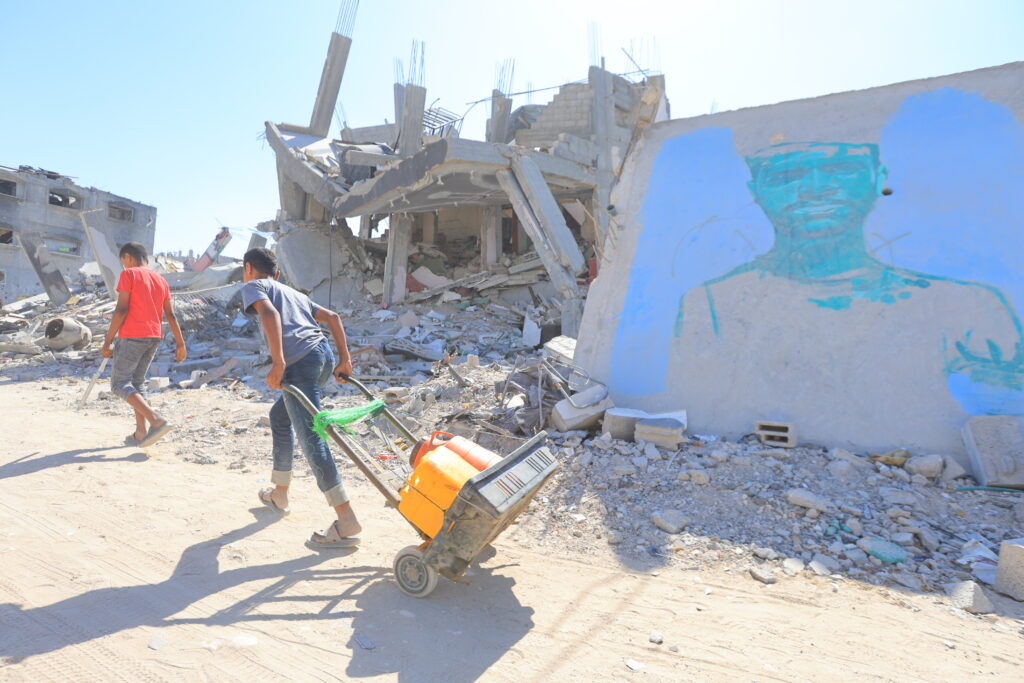
Humanitarian workers are coming under frequent attack in other countries too, with Sudan and South Sudan the next deadliest places to deliver aid. At least 37 aid workers have been killed in Sudan since war broke out there in April 2023, while dozens of staff have been assaulted and over 120 humanitarian offices and warehouses have been looted by armed groups.
With record numbers of people around the world in need of humanitarian aid, these increasing attacks on aid workers are having a chilling effect on the world’s most vulnerable people.
Attacks against humanitarian workers – and their premises and assets – violate international law. Yet we are seeing increasing disregard for these laws, and a failure to hold attackers accountable.
Islamic Relief is calling for UN member states to step up efforts to protect humanitarian workers, assets, and premises – as called for in UN Security Council Resolution 2730 which was adopted in May this year. They should also hold perpetrators to account for violations.
More must be done to protect local aid workers. Attacks on international aid workers — such as the killing of World Central Kitchen staff in Gaza in April — sometimes attract headlines and global condemnation. However, most of the aid workers killed and attacked are national staff, who get just a fraction of the attention.
An Islamic Relief aid worker in Gaza, whose name is withheld for his safety, says:
Notes
World Humanitarian Day was set up by the UN General Assembly in 2009 to recognise humanitarian workers killed around the world. It is marked every year on 19 August, the day on which 23 people were killed in the bombing of the UN headquarters in Baghdad in 2003.
Data for attacks on aid workers comes from the Aid Worker Security Database managed by Humanitarian Outcomes: https://www.aidworkersecurity.org/


